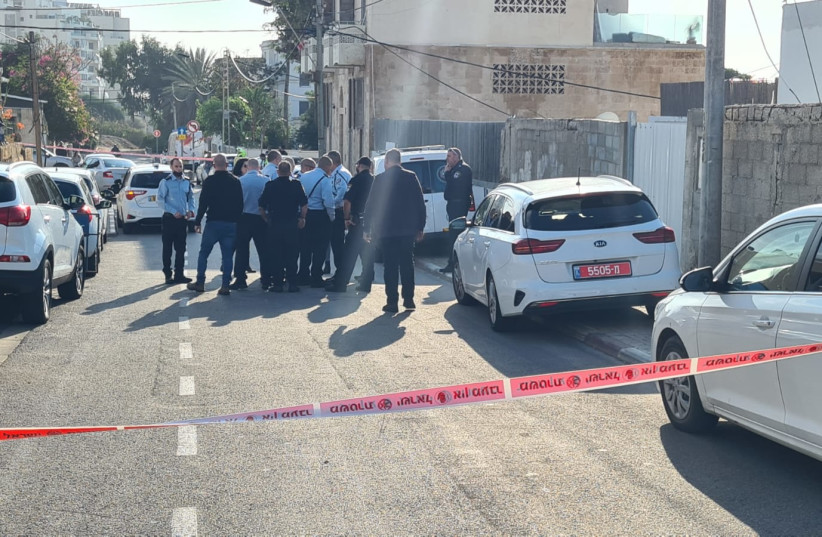Despite almost a dozen attacks against IDF soldiers and Israeli civilians in the West Bank and Jerusalem, the IDF has still not defined this as a “wave” or even admitted that there has been an increase in violence.
Since the first attack on November 17, about 10 major incidents have taken place, and there have been hundreds of other smaller ones. Two civilians have been killed and many have been wounded.
The attacks have been carried out by lone-wolf culprits, members of Palestinian Islamic Jihad (PIJ), or Hamas. These include shooting attacks, vehicular ramming attacks, stone-throwing and stabbings.
If it’s not a wave, it is surely reminiscent of the stabbing intifada that took place in 2015-2016, when Palestinian youths stabbed, ran over, and shot Israeli soldiers and civilians, including tourists.
According to the Foreign Ministry, the stabbing intifada was the start of “73 months of terror.”

“Since September 2015, Israel has experienced a wave of terror perpetrated by individuals, many of them very young, inspired by vicious incitement in Palestinian social and traditional media and urged on by the Palestinian leadership,” the ministry wrote on its web page that lists terror attacks. “The Palestinian Authority goes so far as to pay convicted terrorists a monthly allowance – the more serious the offense, the more money they receive. Families of terrorists killed by Israeli security forces during an attack receive a monthly pension as well.”
Not including soldiers or civilians killed in attacks emanating from the Gaza Strip, 17 Israelis were killed in 2016, 20 in 2017, 11 in 2018, five in 2019, one in 2020, and two in 2021.
While the number of Israelis killed in the past two years is lower than previous years, the number of attacks recorded has remained in the double or triple digits on a monthly basis since 2015.
But let’s focus on the past two months.
According to data released by the Shin Bet, there were 155 attacks in October, and in November 142 attacks that included 107 fire bombings, seven pipe bombs, four attacks by small arms and 22 arson attacks.
The Shin Bet has not yet released figures for December, but it will likely show an increase over the last two months.
Despite the numbers, there has been no change in pattern or intensity in lone-wolf attacks in the West Bank since the “stabbing intifada” broke out six years ago.
The attacks have more or less been contained within the West Bank, and most of the attackers are killed by security forces before they are able to cause harm. But there have been a number of attacks that have taken place inside Israel, including in Tel Aviv.
On Thursday morning, a 14-year-old Palestinian teenager was arrested at Tel Aviv Central Bus Station with a kitchen knife under his jacket. In mid-November, an 18-year-old Palestinian from the Jenin area stabbed a 67-year-old man repeatedly in the back in Jaffa.
So why won’t the IDF or the defense establishment admit that there is a wave? It has given other names for what is happening, with Channel 13 reporting that senior IDF officers have said that the attacks are “concentrated,” and Channel 12 saying that officers are reluctant to call what is happening a wave rather than the pervading mood in the West Bank is “tense.”
But is it really just “concentrated attacks” or a “tense atmosphere?” Or is it the continuation of the “stabbing intifada” that broke out years ago?
Is that why the IDF is prevaricating?
The IDF Spokesperson's Unit has yet to respond to a request for comment.
